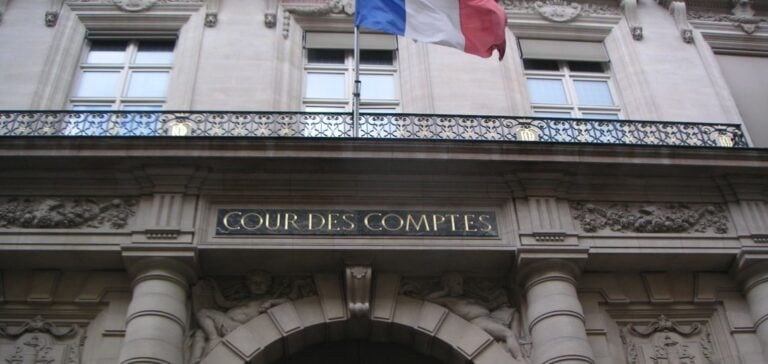The Court of Audit has published a sharp report on the construction program for EPR2 reactors, spearheaded by EDF and supported by the French government. This optimized version of the EPR reactors aims to revitalize the nuclear industry in France. However, the document reveals numerous uncertainties that could jeopardize the success of this ambitious project.
The 97-page report emphasizes the challenges yet to be overcome. The accumulation of risks and constraints, coupled with insufficient planning, could lead to the same setbacks experienced during the construction of Flamanville 3. Initially scheduled for 2012, this reactor was only connected to the grid in December 2023, with cost overruns reaching €23.7 billion in constant euros.
A Program Under Financial Strain
The auditors criticize the uncertain profitability of the project. EDF has refused to provide precise data on production costs and projected profitability, despite similar recommendations made in 2020. The Court estimates that the first six EPR2 reactors will cost €67.4 billion, a 30% increase from initial forecasts.
Given these uncertainties, the report recommends delaying the final investment decision, originally planned for early 2026, until financing is secured and technical studies are sufficiently advanced. It also suggests limiting EDF’s financial exposure to international projects to avoid delaying the domestic program’s timeline.
A Sector in Reorganization
Since EDF’s renationalization, several efforts have been made to revive the nuclear sector. The recovery of the Arabelle turbines, which are critical for nuclear plants, represents a step forward. However, the Court considers these measures insufficient given the magnitude of the challenges ahead. Governance, internal processes, and project execution capacity must be further streamlined to avoid repeating past mistakes.
The EPR2 program remains central to France’s energy strategy, as announced by President Emmanuel Macron in 2022. With six reactors planned and an option for eight more, the project aims to bolster France’s energy independence while meeting climate goals. However, the risks of budget overruns and delays demand heightened vigilance.






















